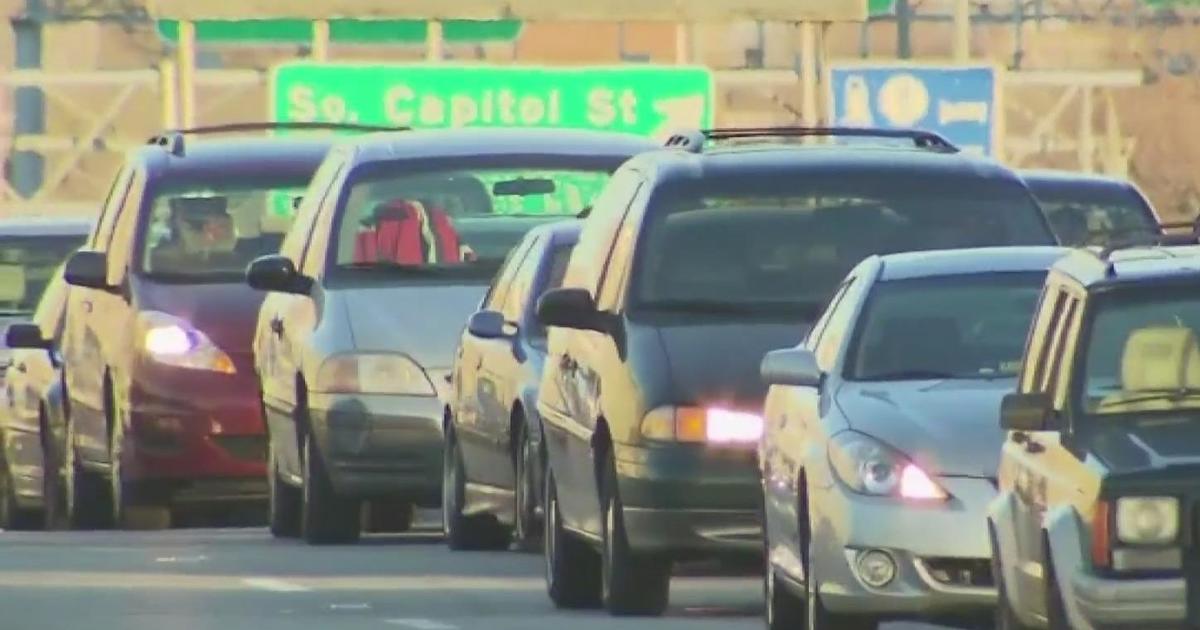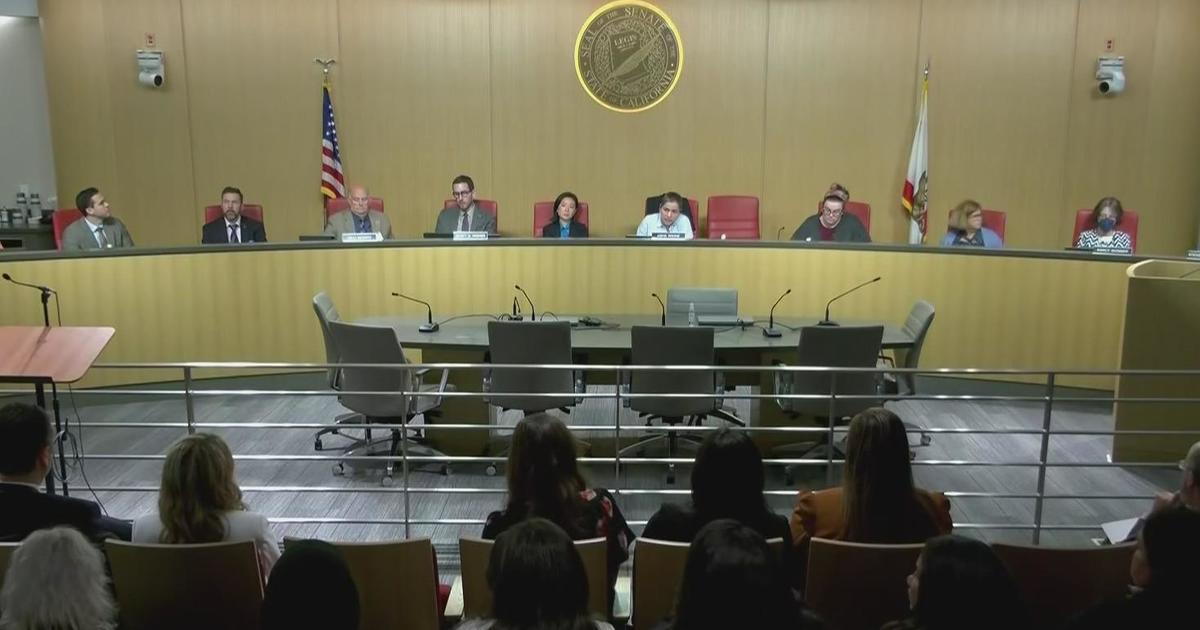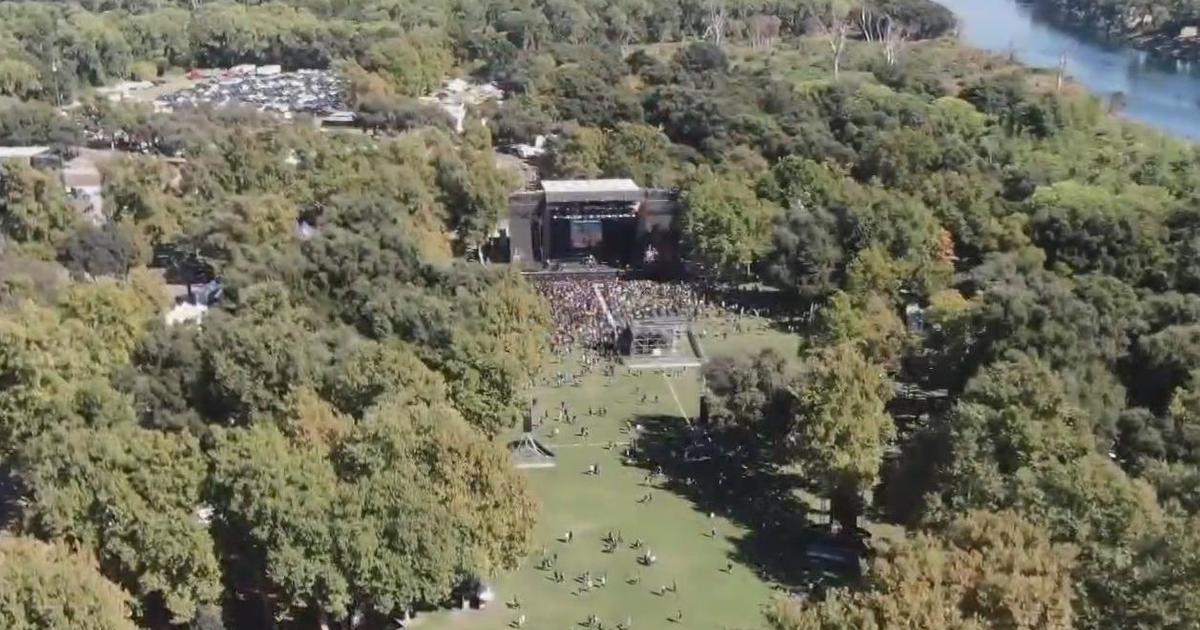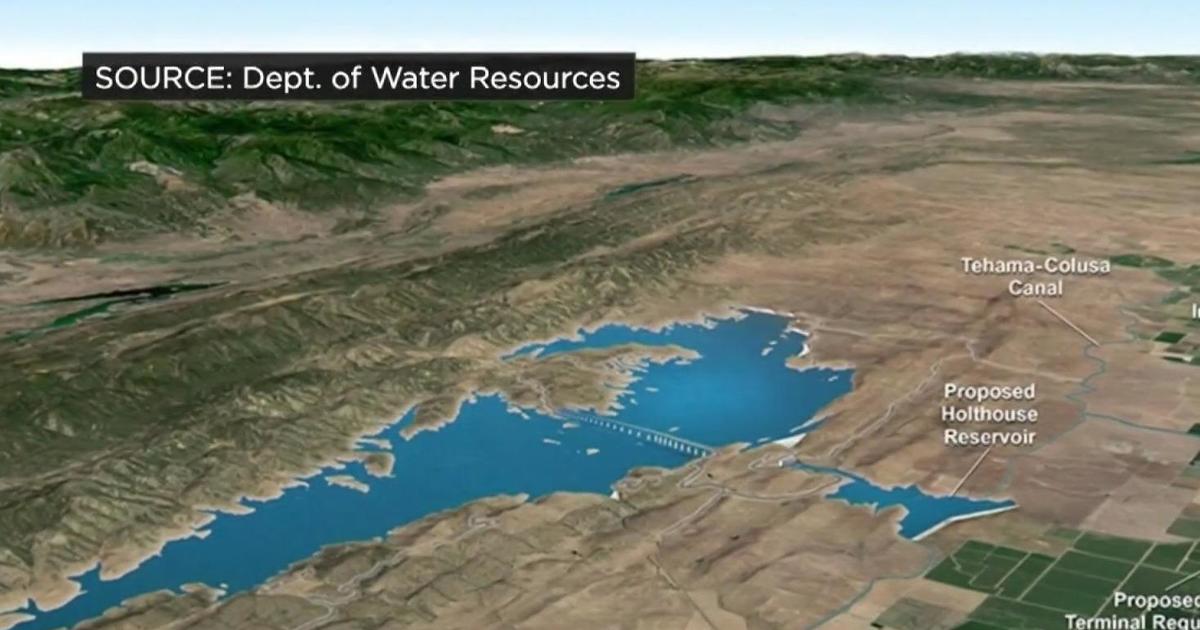Fees On Vehicles, Rural Homes May Be Challenged
SACRAMENTO, Calif. (AP) -- Every Californian with a vehicle will pay $12 more a year to register it, and millions of property owners who live outside cities will pay $150 annually for state fire protection under two new fees imposed by lawmakers as part of the budget passed late Tuesday.
However, the moves could face legal challenges from opponents who argue the fees are taxes in disguise.
Democrats who control the Legislature approved the fees without Republican support. By law, the Legislature cannot pass new taxes without a two-thirds vote, which requires approval from at least some Republican lawmakers.
But Democrats believe the vehicle and firefighting fees fall into a legal loophole by paying for services, and as a result can be passed with a simple majority under Proposition 26, approved by voters in November.
The $12 vehicle fee will go to the Department of Motor Vehicles for its administrative costs and will free a projected $300 million that in turn will go to local governments that will take over responsibility for tens of thousands of lower-level criminals.
The $150 fire fee will be imposed on more than 846,000 homes in 31 million rural acres covered by the California Department of Forestry and Fire Protection. It would raise an estimated $50 million the first year, and ultimately $200 million annually, to prevent and fight fires in the vast area covers about one-third of the state.
The nonpartisan Office of Legislative Counsel ruled that both fees can be imposed without a two-thirds vote under Proposition 26 to directly pay for specific state services, said state Sen. Mark Leno, who chairs the Senate budget committee.
Moreover, the vehicle fee is allowed because it increases an existing fee from $31 to $43, said Leno, D-San Francisco.
As for the fire fee, he argued that it's only fair for rural residents to pay for their own protection instead of having the money come from general taxes.
"Fee for service. You get what you pay for," Leno said.
That reasoning persuaded Kody Binns, a 30-year resident of South Lake Tahoe, Calif., though she wasn't happy about it.
Her home was among 254 destroyed four years ago when a wildfire swept through a forested subdivision. She barely escaped with her two sons, dog and cat.
As souvenirs, she keeps several shiny pieces of once-molten metal -- all that remains of her home -- and a since-renovated all-terrain vehicle that had the seat and all four tires melted away.
"Everything has gone up," she said, complaining of higher property taxes and water fees. "I can't afford it, but I think it's a good idea. Maybe we could hold a bake sale or something."
The argument didn't persuade state Sen. Bob Huff, R-Diamond Bar, though he acknowledged the increases may pass legal muster.
"We heard earlier that this budget contains no taxes and you should understand, technically, it doesn't," Huff said during the budget debate. "Well, that's a little accounting gymnastics, but that's how you circumvent legal taxes but you still charge people more money."
The Howard Jarvis Taxpayers Association is analyzing the bills and considering a legal challenge, said association legislative director David Wolfe. He said the association must wait until Gov. Jerry Brown signs the measures into law, and may wait until vehicle and homeowners begin paying the fees before a possible lawsuit is filed.
(Copyright 2011 by The Associated Press. All Rights Reserved.)



